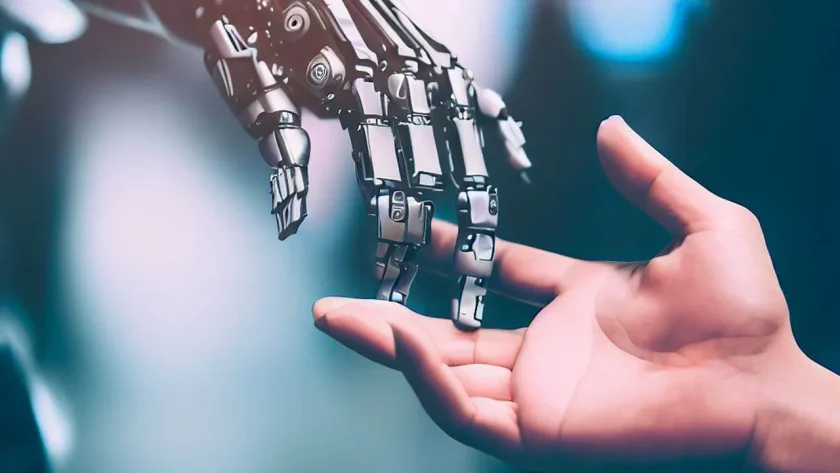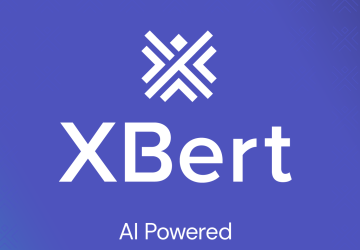
Will AI Replace Bookkeeping?
Navigating the future of finance using Artificial Intelligence (AI) is having a substantial impact on the accounting and bookkeeping profession, sparking conversations about the potential replacement of jobs by technology. However, a deeper examination by Open Bookkeeping Australia reveals that a collaborative relationship where AI acts as a partner, not a threat is beginning to evolve, and putting bookkeepers and finance professionals at an advantage by embracing the change. In this evolving landscape, bookkeepers trained in AI emerge as key players, reshaping the industry.
The Role of AI in Accounting and Bookkeeping:
AI’s integration into accounting processes has streamlined operations, leading to increased efficiency. Technology advancements including AI, enhance jobs reassuring professionals and clients that AI is an assistant, not a replacement. Tools like QuickBooks Online and OpenAI’s ChatGPT have exemplified this collaboration, automating routine tasks and allowing CPAs and bookkeepers to handle multiple clients in an efficient manner.
Advantages of AI-Assisted Bookkeeping:
- Efficiency and Accuracy: AI excels in repetitive, rule-based tasks, ensuring precise and efficient processing of financial data.
- Time Savings: Automation of routine tasks allows bookkeepers to allocate more time to strategic financial analysis and decision-making.
- Risk Reduction: AI minimises the risk of human errors in data entry and reconciliation, leading to more reliable financial records.
- Cost Savings: Automation contributes to cost savings by minimising the time and resources required for routine bookkeeping tasks.
The Human Touch of AI in Bookkeeping:
Despite AI advancements, the human touch remains irreplaceable in specific aspects of bookkeeping. Interpersonal skills, communication, and a deep understanding of a business’s financial situation are areas where human expertise is indispensable. AI further requires the human element to be able to implement processes and procedures. This will continue to change the role that bookkeepers play, a crucial role in interpreting financial data, providing strategic advice, and ensuring financial decisions align with broader business goals.
AI simply cannot determine the purpose of transactions, but algorithms can assist with highlighting transactions that may often prove to be fraudulent, incorrect, or require review. AI cannot know if a transaction was for business, personal, or another purpose. This highlights the need of incorporating AI into the bookkeepers role, to assist and implement standard operating procedures to better serve the client.
The Future: Bookkeepers Trained in AI:
Rather than fearing AI as a threat, the future of bookkeeping lies in embracing it as a valuable tool. Bookkeepers trained in AI become the new standard, leveraging technology to enhance their capabilities. This symbiotic relationship ensures that human expertise, critical thinking, and a deep understanding of the business landscape remain at the forefront of financial management.
What is Open Bookkeeping Australia’s view on AI?
Will you have a computer managing your books instead of a human? AI is not replacing bookkeepers; instead, it is reshaping the profession. The collaborative efforts of AI and trained bookkeepers are driving efficiency, reducing errors, and providing valuable insights. As we navigate this evolving landscape, it becomes clear that those who adapt and embrace the opportunities arising from the technological evolution will thrive in the future of accounting and bookkeeping. The key lies in recognising the symbiosis between humans and AI, creating a harmonious balance that propels the industry forward.










